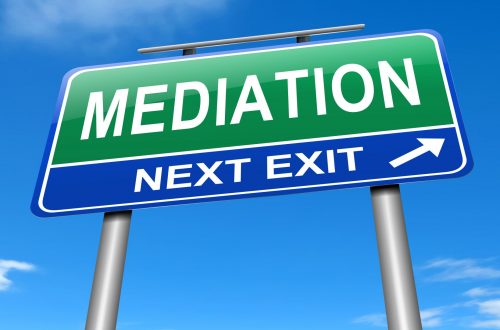How Can Collaborative Divorce Help You Get An Amicable Divorce?
An amicable divorce is a divorce process in which both parties agree to settle their matter without the intervention of a judge. When two parties reach an agreement on a divorce, they may enter into what is called an “amicable divorce”. This is an easy divorce process that often happens quickly. In some cases, the divorce may be a lengthy process.

If you and your spouse cannot agree on terms of your divorce, you will need to choose a divorce mediator, a divorce attorney or a family law attorney to mediate the matter. Divorce mediation is usually an inexpensive alternative to divorce lawyers and court proceedings. A divorce mediator might still ask for court approval before signing a divorce decree. If this is the case, the divorce mediator would still need to obtain written permission from the Court.
If your case does not result in an amicable divorce, then your next step is to file for divorce. Depending on your state, divorce laws will dictate how your case will proceed. In most states, a divorce is a legal process that involves a filing of divorce papers with the county clerk. The paperwork must be filed with proper legal identification by both the husband and wife and then served to each party. You and your spouse may decide together whether or not to hire an attorney to represent you in court, but some states do not require a lawyer if you and your spouse can agree on an agreement that you both sign and file with the county clerk.
There are some other financial support matters that can be resolved before a divorce judgment is entered, such as child support and spousal support. These matters can be settled by a “mutual agreement” between the two parties to the divorce. However, one of the most common ways to resolve these financial matters is through the “amicus” or “compromise” process. If you and your spouse can come to an agreement on a payment plan, then it will be used as a factor in determining the size of the judgment in your divorce.
Divorce lawyers have the added responsibility of representing their clients at both the litigation phase, which is the time when the litigation takes place, and the administrative phase, which occurs after the litigation has been concluded. Because of this additional responsibility, divorce lawyers are often paid on contingency fees, which mean that they receive no money unless they win the case, which is why amicable divorce requires that both parties agree on all issues between the two parties involved in the litigation and the legal process. Attorneys who do not charge for their services are usually very experienced and skilled in their area of practice, and they therefore are able to provide a more personal and comprehensive service to their clients than do those who charge high hourly fees.
Litigation involves dealing with facts, such as the names of the parties involved, the names of the witnesses who will testify, and any other facts that need to be introduced into the legal process. During this time, attorneys are responsible for collecting a large amount of information about the parties involved in the litigation. Because the information must be organized and presented in a certain way in order to strengthen the cases of each party, divorce lawyers often rely on computer databases to help them gather this information. Computer databases that are used for amicable divorce are extremely extensive and exhaustive. They contain data on real property division, property settlement, divorce settlements that have already been finalized, alimony payments, child custody and visitation schedules, as well as tax records.
When a couple agrees on terms for the divorce, they usually enter into what is called “mediation.” Mediation is a non-legal process where the parties try to reach a mutual understanding of how to go about the legal process. A mediator is unbiased and non-partial; the process helps divorcing couples to communicate their concerns and emotions to one another. By using a neutral third-party to mediate, divorce lawyers can reduce the amount of time that they spend preparing their cases.
The most effective method of amicable divorce when it comes to resolving marital problems is collaborative divorce, also known as co-mediation. Through co-mediation, divorce lawyers and their clients are able to address their issues without having to go to court. Through co-mediation, divorcing couples learn how to communicate effectively and they also get to learn more about how the court system works. By using a combination of collaborative meetings, settlement negotiations, trial preparation, and amicable divorce, divorcing couples learn how to move forward with their relationships in an amicable, low-cost way.



